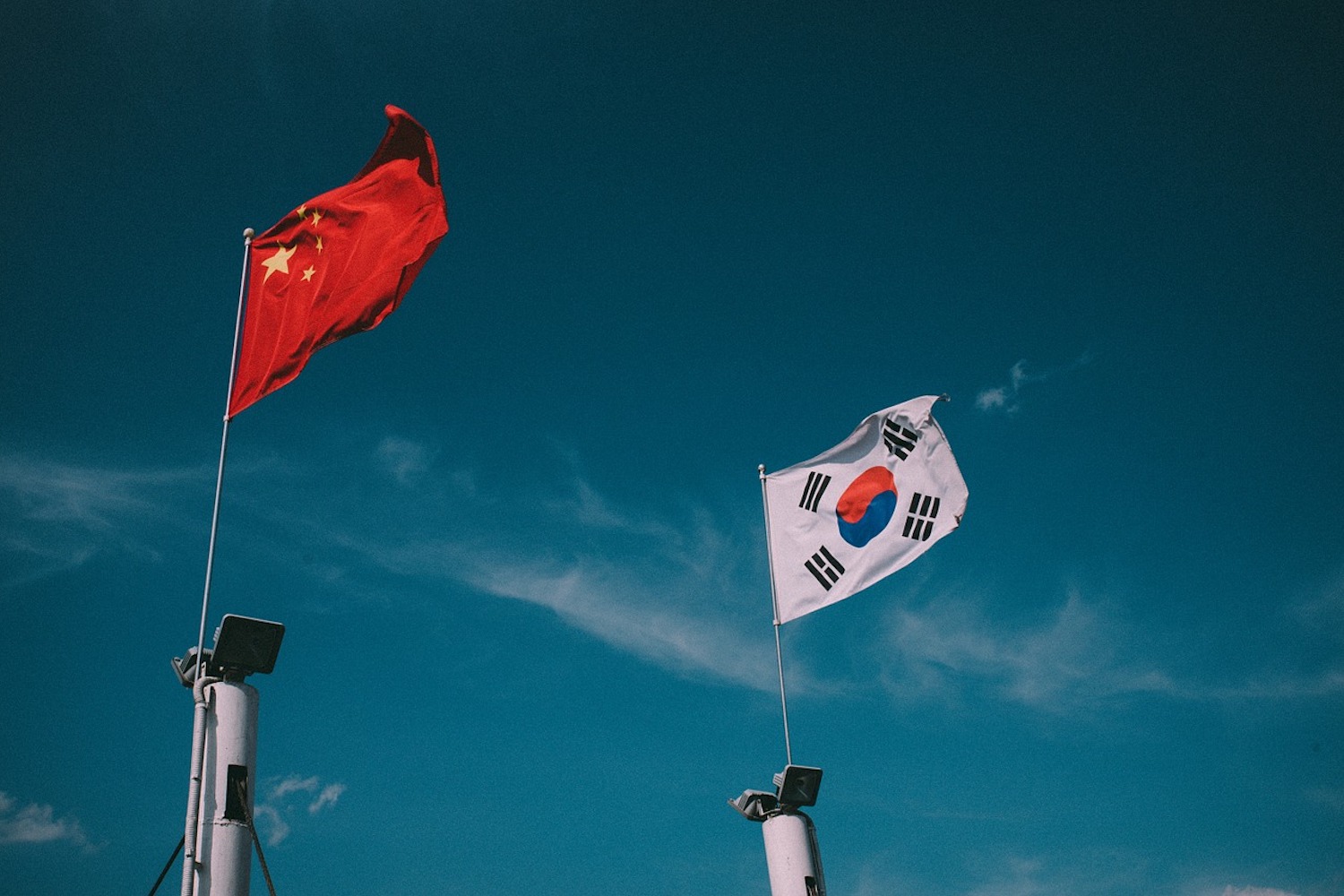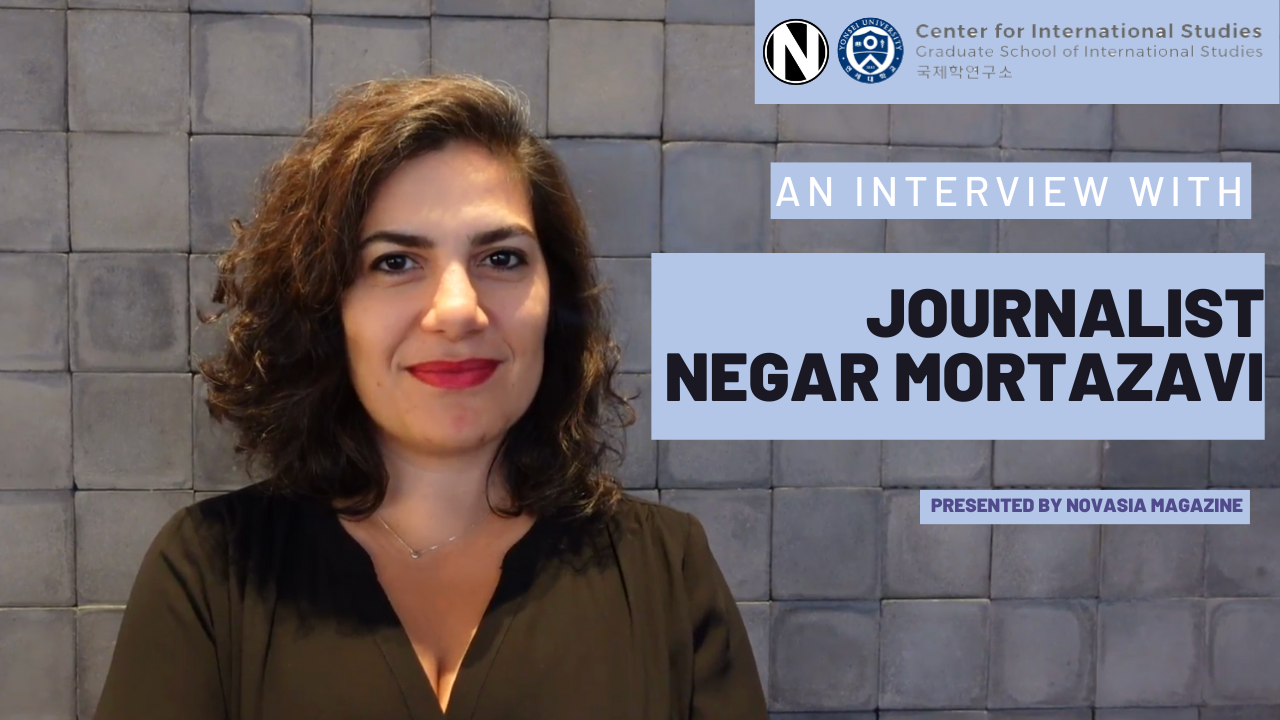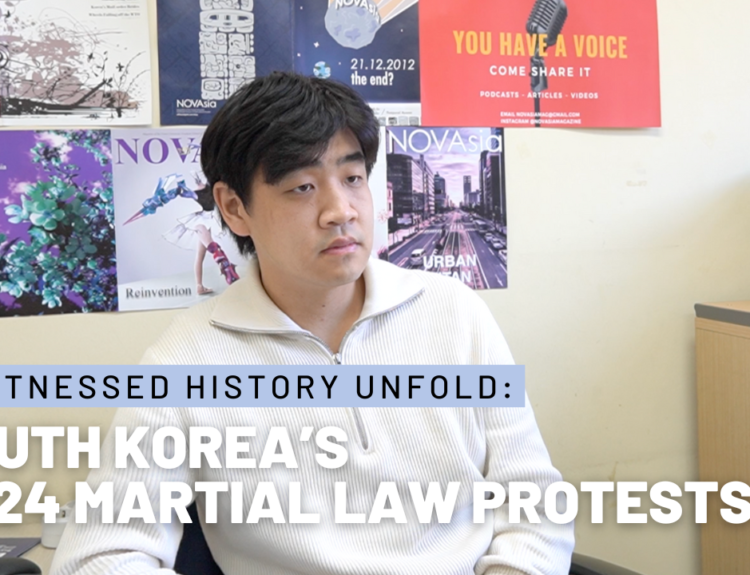On October 31st, 2017, the governments of China and South Korea reached an agreement to shelve the yearlong THAAD dispute that has generated even more attention and tension on the Korean Peninsula than usual. The agreement was reached at an unexpected time with murky details and even murkier potential consequences. However, as things stand right now, who are the winners and losers?
Winner: Xi Jinping
The agreement between China and South Korea comes in the wake of China’s 19th Party Congress, which unequivocally cemented Xi’s grip on power in China. His Mao- and Deng-esque visions of grandeur were realized, as his name was added to the party’s constitution. Xi’s political stature was never really in question at any time during China’s THAAD dispute with South Korea. He had gained enough support in the party’s rank and file through his anti-corruption campaign and reshuffle of PLA leadership. While the THAAD dispute may seem like Xi playing the patriotism card and inspiring the Chinese brand of “rally ‘round the flag effect”, Xi had more to lose than gain by committing to the trade war against South Korea. For one, he would lose face domestically if he had to backtrack on his policy after South Korea withstood the test of time and economic punishment, especially if the backtracking took place before the 19th Party Congress. This is more or less what is happening right now. While the details of the bilateral reset are still unclear, the THAAD systems that have been deployed already are here to stay. China has failed in convincing or coercing South Korea into changing its stance on the already deployed THAAD systems.
Then, what makes Xi Jinping a winner of this detente? The Chinese president may be reversing his position and potentially losing political capital, if such a thing existed in China. Yet, the Chinese political system is not democratic, and with his name and philosophy written into the party constitution, Xi has re-personalized political leadership. Going against him is going against the party, a dangerous taboo in China. Through the diplomatic reset, Xi is killing at least two birds with one stone. One, he is testing the waters domestically and seeing how much political latitude he has in carrying out potentially unpopular policies that would backfire on past leaders not named Mao or Deng. Despite his Mao/Deng-esque power in theory, it is still unclear how much power he really holds in practice; for one, the standing committee itself is not entirely composed of Xi’s people. Two, Xi and China strengthened its position against the United States by making room for cooperation with South Korea and receiving important guarantees from a key US ally that directly affect its relations with the United States. The diplomatic reset came days before President Donald Trump’s Asia visit, during which the tension between China and South Korea over THAAD certainly would have come up. China’s proactive diplomatic route to “solving” the issue provides China with tangible progress and evidence to point to in future conversations with the United States.
Loser: South Korea’s long-term diplomacy
A day before the announcement of the diplomatic reset, the Minister of Foreign Affairs of South Korea, Kang Kyung-wha, spoke at the National Assembly during an audit by the Foreign Affairs and Unification Committee. Minister Kang stated that South Korea would not pursue deployment of additional THAAD systems, join the US missile defense system, or pursue the development of the current trilateral security cooperation with the United States and Japan into a military alliance (the three no’s). Her testimony set the stage for the diplomatic reset the following day.
There is little innately bad about her statement. Her position is similar to those pursued by past conservative administrations. South Korea still has several key issues to iron out with Japan before it can even consider entering into a military alliance with the former colonial overlord. However, Minister Kang made herself and her government vulnerable by drawing three red lines in order to appease China. Furthermore, her verbal delivery of the administration’s position was too literal and lacked finesse. More specifically, the second point (not joining US missile defense system), may pose problems in the future. True, the South Korean government has been steadfastly opposed to joining the US missile defense system since the Kim Dae-jung administration, in consideration of China, which views US attempt to construct a missile defense network in Asia as a threat to its own military.
However, the United States and South Korea have been working together to set up an information-sharing system to detect and track North Korean missiles for effective interceptions. When such a system is operational, it would naturally push South Korea close to at least participating in US missile defense. How will China react then? Minister Kang’s October statements left enough room for China to potentially start another round of economic punishment when South Korea starts working more closely with the United States on missile defense via the information-sharing system. South Korea already lacks diplomatic latitude, and Minister Kang’s statements will likely contribute to that problem in the future. China will be sure to point out her October statements when the day comes, especially if that day comes while Minister Kang is in office.
Winner: South Korean tourism, not necessarily for the obvious reasons
Recovering from China’s ban on package tours to Korea since March will take some time. The Korea Tourism Organization estimates that an average Chinese tourist to Korea spends around 2,200 USD, which adds up to 7.3 billion USD for hospitality and other tourist-oriented industries. Following Beijing’s package tour-ban announcement in April, through October, the number of Chinese tourists dropped fifty percent compared to the same period in 2016. Clearly, the tourism industry of South Korea has been a major collateral damage resulting from the diplomatic back-and-forth between China and South Korea.
Despite prospects of Chinese package tours returning to Korea in December 2017, China has reinstated its travel ban, a surprising move given the upcoming Winter Olympics in Pyongchang. The package tours generate significant revenue for the Korean tourism industry. In March 2016, Aurance Group’s 6,000 employees came to Korea for their company-sponsored trip and spent 27.3 million USD, and Zhongmai Group’s 8,000 employees spent 45 million USD last May. If Chinese package tours return to South Korea, the South Korean tourism industry certainly will benefit.
More significantly however, the South Korean tourism industry is going through a classic “what doesn’t kill you makes you stronger” moment. After the significant drop in Chinese tourists, the number of tourist from the Middle East increased by 71% from June 2016 to June 2017. More importantly, Middle Eastern tourists spend on average more than any other group, at 2,593 USD per person. The tourism industry has attempted to adapt to the new environment. As of July, an additional 117 restaurants earned their halal certifications this year, bringing the total up to 252 nationwide, while many popular tourist attractions such as Lotte World, and Coex Mall have added prayer rooms for Muslim visitors. If relations between China and South Korea begin to improve, the South Korean tourism industry will be sure to come back strong in 2018, especially with the 2018 Winter Olympics in Pyongchang.
Loser: public perception of China in South Korea, and Chinese soft power
The people of South Korea are not particularly open or accepting of other ethnicities, races, and cultures. This sentiment extends particularly strongly to non-Korean Asians, including the Chinese and Japanese for various reasons such as historical differences, nationalism, unfounded sense of superiority, to name a few. The perception of Chinese people in Korea has rarely been positive, and it hit new lows in June 2017, with only 19% of respondents viewing China favorably. Sure, public perceptions of China and its people have hit rock bottom in Korea before, and they have bounced back. However, the same process may take longer this time around because of the duration of the dispute and widespread domestic attention hogged by the THAAD controversy. During South Korea’s first post-impeachment 60-day presidential election, THAAD was one of the main points of disagreements for the candidates.
Of course, the Chinese perception of South Korea fell, too. However, in the long run, China has more to lose in conceding popularity contests in the region, simply because China has grander ambitions than a middle power like South Korea. China seeks to become the great power in Asia, a task made significantly more difficult to achieve without soft power. China’s and Xi’s handling of the THAAD disputes showed China’s ability to flex its economic muscles, but did little to improve its stakes and soft power in the region. Gaining soft power has been difficult enough for the Chinese already with their government attempting to “engineer” soft power rather than letting it develop organically.
If the THAAD disputes showed anything, it demonstrated China’s inability to economically coerce South Korea into coming around to the Chinese side. Sure, China historically has not been interested in imposing sanctions long enough to damage bilateral economic relations. However, bilateral economic relations are completely different from public perception and soft power.
Even so, many of South Korea’s hard-hit industries, such as the tourism industry discussed above, found ways to somewhat mitigate the damages done by Chinese economic punishment, and better shield themselves from future Chinese economic power plays. Retail giants like Lotte Mart and E-Mart are exiting the Chinese market and looking to expand further into Central and Southeast Asian markets such as Mongolia, Vietnam, Indonesia, and Cambodia. Will such economic power plays work in the future in Korea? Early signs show that China took a gamble with its economic censure of South Korea at the cost of its public perception and soft power in not only South Korea, but also the rest of the world (especially in US allies) due to the political buzz generated by the THAAD disputes.
Winner: Moon Jae-in’s balanced diplomacy, at least for now
One of President Moon’s many positions during his presidential campaign was balanced diplomacy, or as he put it, the ability to say “No” to the United States. The THAAD rapprochement with China provides him with the optics for him to claim that he has begun delivering on this promise. As discussed previously, President Moon and South Korea gave China three assurances in the form of “three no’s.” While they are completely in line with South Korea’s past positions, giving such assurances to China without extensive consultation with the United States is not. Nevertheless, Moon successfully “normalized” relations with China while not making any direct concessions regarding THAAD itself, in a “let’s agree to disagree” type of deal with the Chinese.
In any case, President Moon delivered on his balanced diplomacy as far as this issue is concerned. The timing of the deal is significant, as it came just a week before President Trump’s first visit to South Korea. More importantly, President Moon gave China the “three no’s,” all of which directly concern South Korea’s alliance with the United States. In the long run, this is troubling news. The THAAD reset represents Chinese ability to successfully coerce a US ally into refraining from taking specific actions with the United States. Sure, China’s “Doghouse Diplomacy” and economic power plays are nothing new, but directly influencing a US alliance is, especially in the future near and far. Yet, none of the long-term consequences will be President Moon’s problem once he is out of the Blue House.
Loser: Seongju anti-THAAD protesters (again)
The people of Seongju County in North Gyeongsang Province began protesting the THAAD deployment as soon as their town was chosen as the weapon system’s home back in 2016. Since then, the protesters have not been able to catch a break. The government would never have reversed its decision to deploy THAAD just because angry protesters threw eggs and water bottles at officials. Moreover, North Korea’s continued aggression meant no significant number of Korean politicians had enough political capital to seriously attempt reversing the THAAD deployment.
To be fair, Seongju County did itself no favors when it voted for the conservative, pro-THAAD candidate Hong Joon-pyo back in May in the presidential election. Even a critical issue like THAAD was not enough to realign the traditionally conservative region into voting for Moon or a more liberal candidate that opposed THAAD. Seongju County has to live with another loss as South Korea agreed to disagree with China without making any direct concessions on the THAAD batteries already deployed. Opposing the initial deployment was difficult enough; reversing the deployment at a critical time like this will be nearly impossible unless President Moon picks up unprecedented political capital elsewhere. For now, Seongju, and the rest of Korea, will just have to learn to live with THAAD whether they like it or not.
- Defining Denuclearization - April 24, 2018
- Hold the Horses of Optimism: Donald Trump-Kim Jong Un Summit - March 15, 2018
- China-South Korea THAAD Rapprochement: Winners and Losers - February 8, 2018






